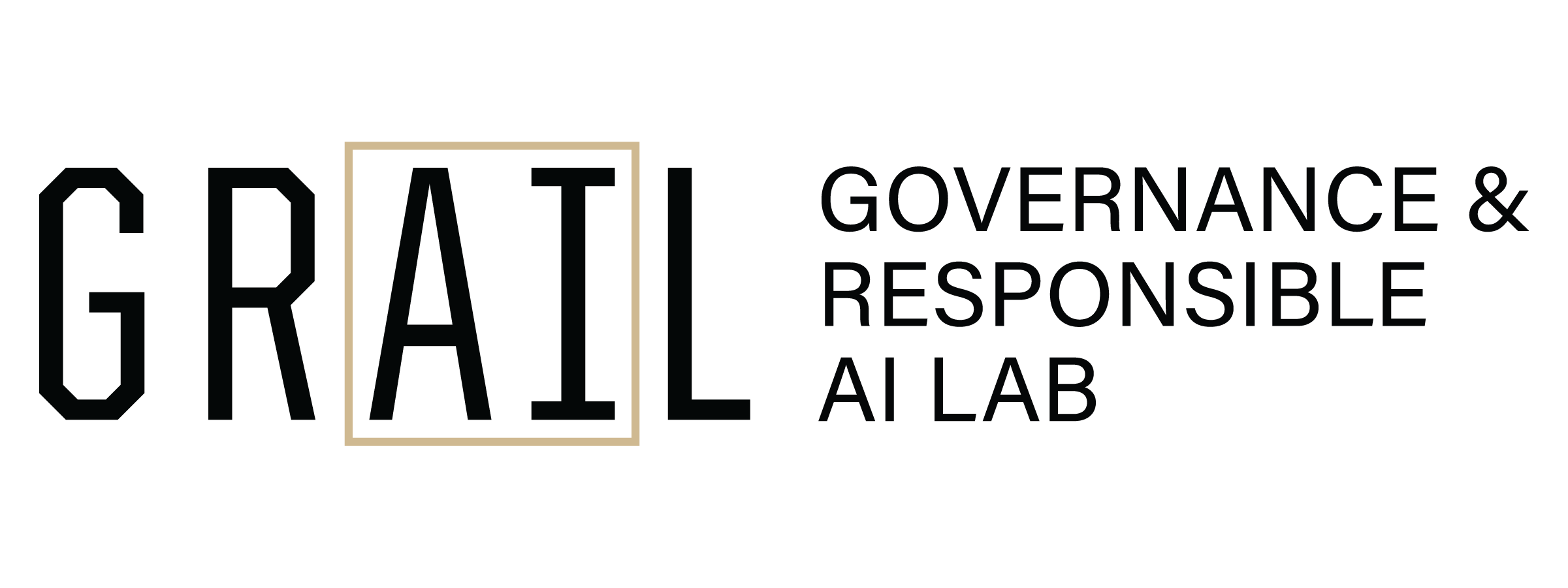
AI Ethics in Education Systematic Literature Review
This paper presents a systematic literature review and qualitative analysis of the early years of AI ethics education as a formalized field to analyze whether its future trajectory is aligned with educational best practices. Our review highlights core challenges in AI ethics education and the content, assessment, and pedagogy used in real interventions over recent years.
Executive Summary
The potential of AI technology to transform human life, well-being, and daily work is faced with numerous risks and challenges yet to be fully accounted for. However, the complexity of AI ethics makes it hard to pin down what to teach, how to teach it, and how to assess its effectiveness. Drawing on an educational perspective, this paper presents a systematic literature review and qualitative analysis of the early years of AI ethics education as a formalized field to analyze whether its future trajectory is aligned with educational best practices. Our review highlights core challenges in AI ethics education and the content, assessment, and pedagogy used in real interventions over recent years. We find that efforts to teach AI ethics do helpfully draw on a holistic view (as opposed to a narrow view), and utilize progressive pedagogies like case studies and group projects that aim to meaningfully challenge students’ ethical reasoning skills in applied practices. However, many real- world AI ethics teaching interventions do not leverage well-supported assessment techniques known to support student learning; rather, assessment is conducted primarily for research evaluative purposes. This gap in rigorous assessment raises implications for researchers and practitioners, as responsible development and use of AI will be stymied if educators cannot successfully determine whether students have truly learned relevant AI ethics content or skills.
